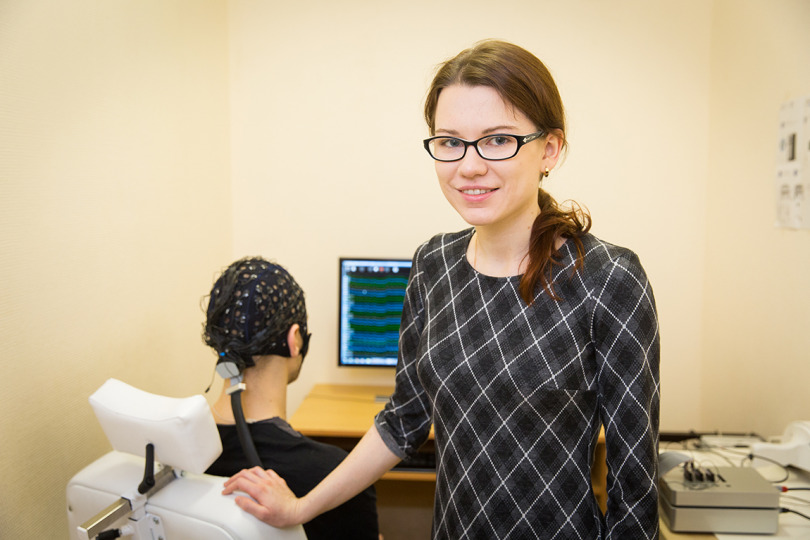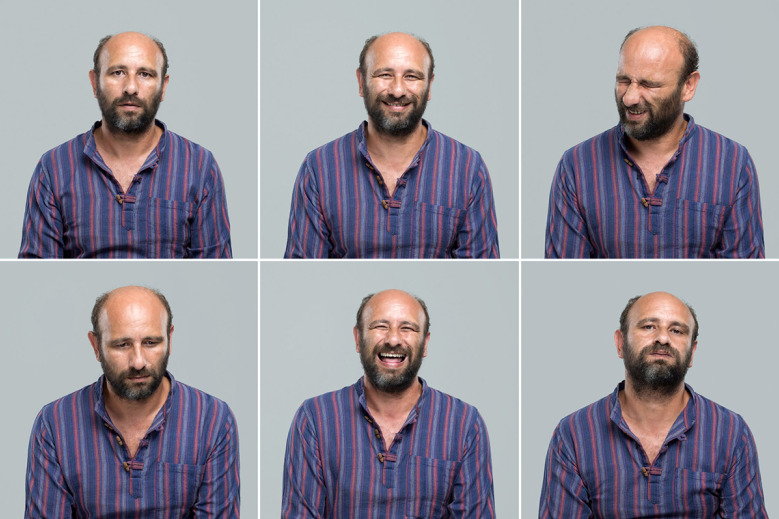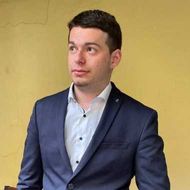- A
- A
- A
- ABC
- ABC
- ABC
- А
- А
- А
- А
- А
- HSE University
- Faculties
- Faculty of Social Sciences
- School of Psychology
- News
- Tag "research projects"
-
Education
-
The School
- About
-
Laboratories
-
- The Scientific-Educational Laboratory of Ability Psychology
- Center for Sociocultural Research
- International Laboratory of Positive Psychology of Personality and Motivation
- Laboratory for Cognitive Research
- Cognitive Psychophysiology Laboratory
- Vision Modelling Laboratory
- Laboratory for the Neurobiological Foundations of Cognitive Development
-
- Partners
- Staff Members
- International Cooperation
Phone: +7 (495) 772-95-90 *15366
Email: dekpsy@hse.ru
Address: 101000, Moscow, Armyanskiy per. 4, c2
Address for correspondence: 20 Myasnitskaya Ulitsa Moscow 101000 (School of Psychology)
In press
Popyvanova A., Pomelova E., Bredikhin D. et al.
IEEE, 2024.
Psychology. Journal of the Higher School of Economics. 2025. Vol. 22. No. 4. P. 706-720.
Tunkevichus O., Bagrationi K.
In bk.: The Proceedings of the 20th European Conference on Innovation and Entrepreneurship. Vol. 20. Iss. 1. Academic Conferences International Limited, 2025. P. 759-766.
Ivanova M., Germanova K., Petelin D. et al.
Biorxiv. 005140. Cold Spring Harbor Laboratory, 2024
The School promotes cutting-edge research, multidisciplinary studies, education in English. We are increasing the number of courses in English all the time and have started two English-speaking Master’s Programs. Our researchers have access to Eye trackers, TMS, multi-channel EEG, MEG and fMRI techniques.
The School also aims to train psychologists, who can apply their knowledge in the fields of economics, banking, human resources management, organizational development, ecopsychology and team-building.
Tag "research projects" – News











- About
- About
- Key Figures & Facts
- Sustainability at HSE University
- Faculties & Departments
- International Partnerships
- Faculty & Staff
- HSE Buildings
- HSE University for Persons with Disabilities
- Public Enquiries
- Studies
- Admissions
- Programme Catalogue
- Undergraduate
- Graduate
- Exchange Programmes
- Summer Schools
- Semester in Moscow
- Business Internship
- © HSE University 1993–2025 Contacts Copyright Privacy Policy Site Map
- Edit


